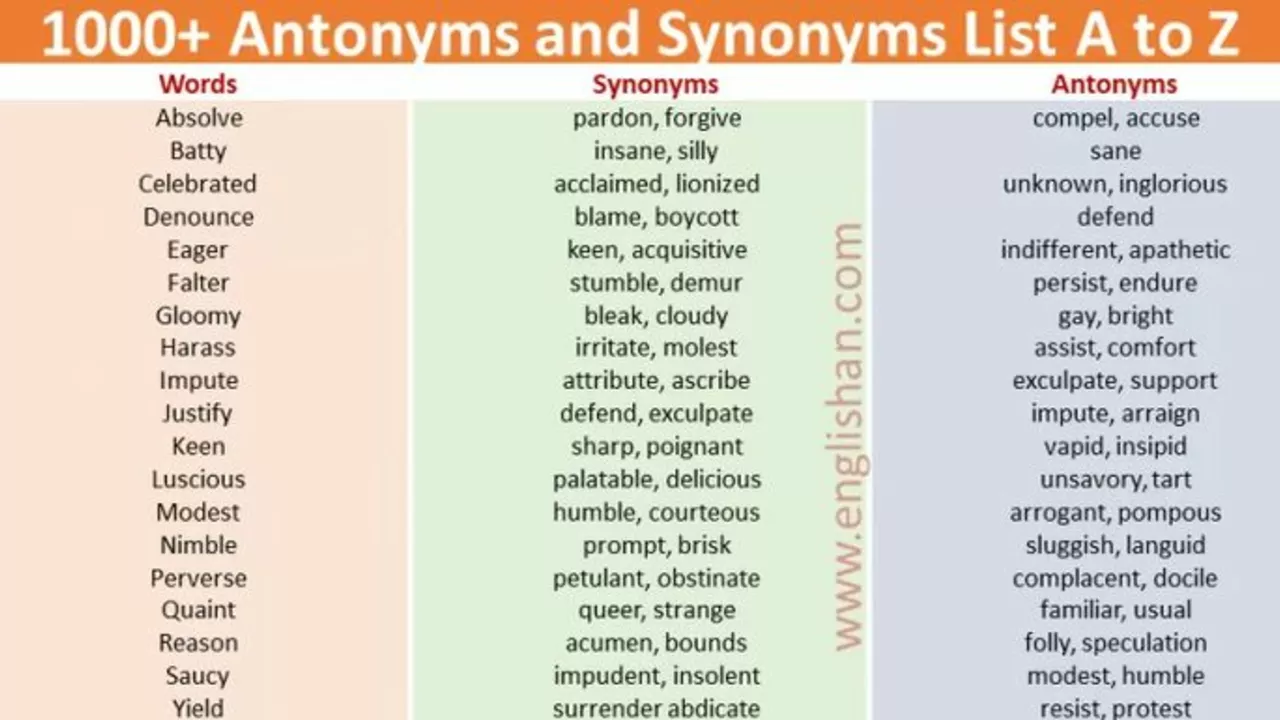English Words – Simple Guides and Handy Tips
Ever felt stuck when you meet a new English word? You’re not alone. Most people stumble over words they haven’t heard before. The good news is you can turn that frustration into a quick win. In this page we’ll break down why English words matter, share easy tricks to remember them, and give you a handful of fun facts you can drop in a conversation.
Why English Words Matter
Words are the building blocks of any conversation. When you know a word’s meaning and how to use it, you can share ideas clearly and sound confident. It also helps you understand movies, articles, and messages without constantly reaching for a dictionary. Even a small boost in vocab can make a big difference at work or school – think of it as a shortcut to clearer thinking.
Quick Ways to Boost Your Vocabulary
1. Read a little every day. Pick a short article, a news snippet, or a social media post. Highlight any word you don’t know, look it up, and write a quick sentence using it.
2. Use flashcards. Physical cards or apps work fine. Write the word on one side, a simple definition on the other. Review them while waiting for coffee or on a short break.
3. Play word games. Crossword puzzles, word searches, or apps like Wordle force you to think about spelling and meaning in a fun way.
4. Swap synonyms. When you write, try replacing a common word with a synonym you just learned. It reinforces the new word and makes your writing sharper.
5. Talk about it. Explain the new word to a friend or family member. Teaching forces you to recall the definition and keep it fresh.
These steps only take a few minutes a day, but they add up quickly. The key is consistency – a little bit every day beats a big cramming session once a month.
Another practical tip is to keep a “word journal.” Jot down the new word, its meaning, an example sentence, and maybe a tiny doodle that reminds you of the word. Looking back at your journal after a week gives you a quick refresher without opening a dictionary again.
Finally, don’t be afraid to make mistakes. If you use a word incorrectly, most listeners will understand the intent and may even correct you gently. That correction is free feedback that helps you fine‑tune your usage.
By mixing reading, quick reviews, and real‑world practice, you’ll find English words becoming less of a hurdle and more of a tool. Start today: pick one word, look it up, and try to use it in a sentence before the day ends. You’ll see how fast those small steps turn into a stronger vocabulary.

What are some synonyms for 'feasible'? - English words?
In the vast world of English vocabulary, there are several synonyms for the word 'feasible'. These include 'possible', 'doable', 'achievable', and 'practical', among others. Each of these words carries the same core idea of something being capable of being done or carried out. So, next time you're looking for a way to say that something is feasible, remember that there's a whole list of alternatives at your disposal!